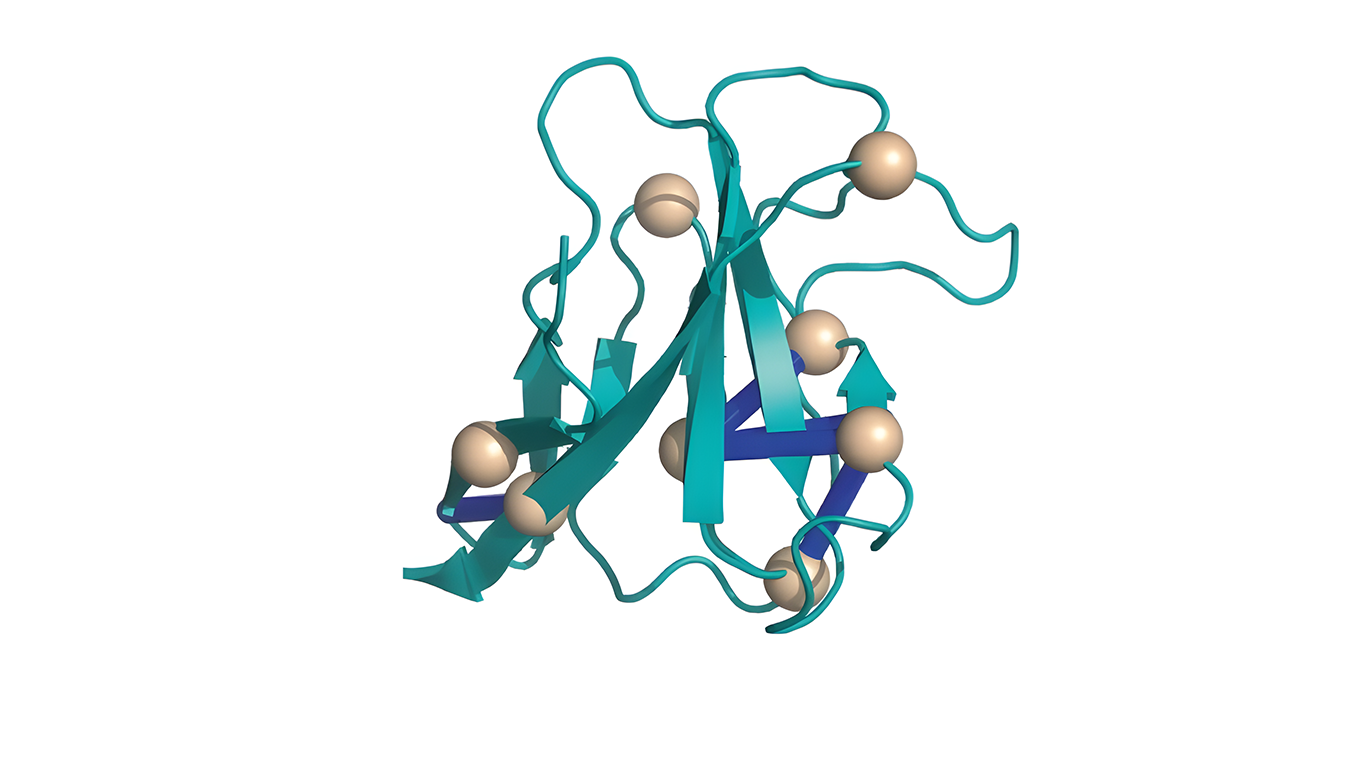Joint SCIoI-UniSysCat paper marks collaboration between Excellence Clusters
Do you know how Artificial Intelligence (AI) systems and biotechnological research can contribute to improving treatments for a wide variety of diseases? There is one core element we need to talk about: proteins. Proteins are an essential part of all living organisms. They form the basis of living cells and perform the work inside of them. They are essential molecules that are involved in many important functions within the body and play a critical role in a wide range of biological processes. Understanding the structure of proteins is crucial for understanding how they work and interact with other molecules. By predicting the three-dimensional structure of a protein, scientists can gain insight into its function and develop new treatments for diseases that involve that protein.
Paper: https://doi.org/10.1038/s41587-023-01704-z
Scientists surrounding Oliver Brock, spokesperson at Science of Intelligence (SCIoI) and Juri Rappsilber from Unifying Systems in Catalysis (UniSysCat), two Clusters of Excellence from Berlin, developed a new method for protein structure prediction. In their joint paper “Protein structure prediction with in-cell photo-crosslinking mass spectrometry and deep learning”, recently published in Nature Biotechnology, the scientists present AlphaLink, a new prediction tool that combines experimental data and deep learning. AlphaLink uses experimental information about the distances between different parts of a protein to help predict its structure. By incorporating this information, AlphaLink is better able to predict the shape of challenging proteins than its predecessor the system AlphaFold2.
The ability to integrate experimental data into protein structure prediction opens up new possibilities for an accurate characterization of protein structures from in-cell data. It is an important and challenging task in computational biology: By understanding the structure of these proteins, scientists can potentially design drugs that target the specific regions of a protein involved in disease, such as cancer, Alzheimer’s disease, and cystic fibrosis.





